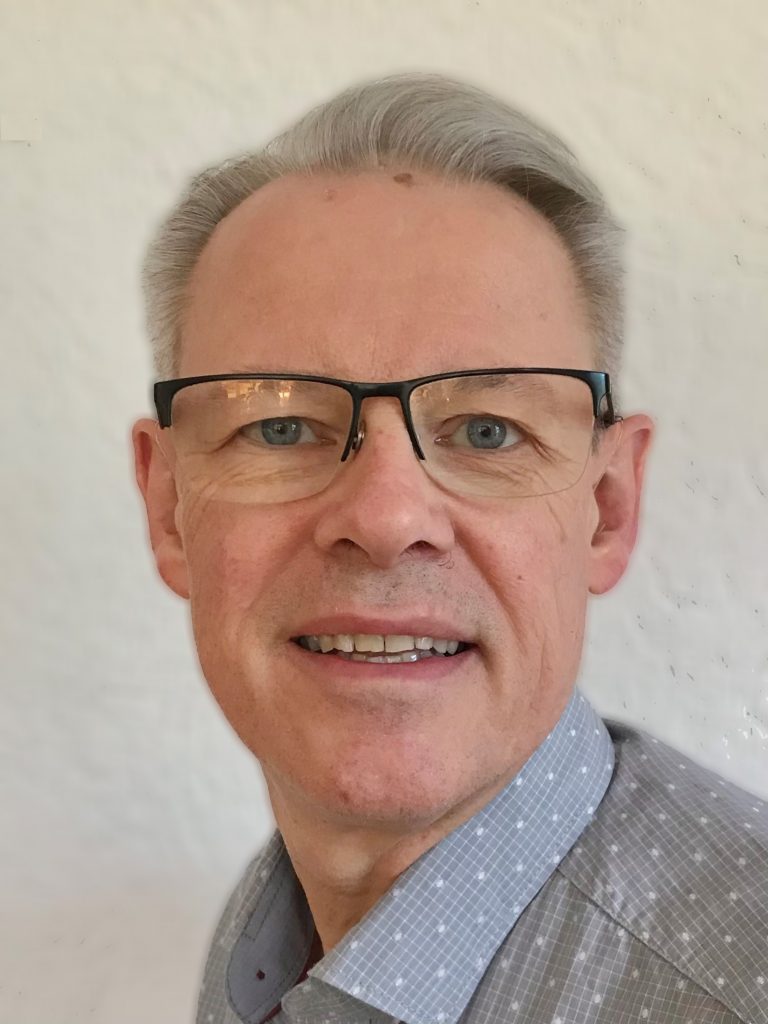
High-speed network and mixed reality headset for film production
The new 5G standard paves the way for technologies that bring massive changes for industry, both now and in the future. In a unique research project at Troisdorf Industrial Park in Germany, partners from science and industry are exploring how innovative 5G technology can make industrial processes faster, more efficient and more sustainable. The Federal Ministry of Transport and Digital Infrastructure (BMVI) is providing funding of EUR 3.57 million for this project. The project partners include Kuraray who is working intensively to make Germany and Europe technology hubs that are fit for the 5G era. For example, it markets innovative materials that significantly improve the performance of fibre optic cables and high-performance electronic components (further information: www.kuraray.eu/materials-for-5g). In the pilot project in Troisdorf, Kuraray is testing a virtual toolbox comprising a mixed reality (MR) headset for remote monitoring and maintenance of industrial plant and new sensors for real-time control of manufacturing processes.

“Our project at Troisdorf Industrial Park is exceptional because the latest research findings are being translated directly into practical applications,” says Dr. Holger Stenzel, Kuraray site manager in Troisdorf. “With our project partners from science, such as the Fraunhofer Institute for Applied Information Technology (FIT), we are examining the opportunities that the new 5G standard offers industry.” At its site in Troisdorf, Kuraray produces high-quality PVB films, which are used as interlayers in demanding safety glass for architecture and the automotive sector. One application being tested by Kuraray in Troisdorf as part of the project is a 5G toolbox, for example for remote maintenance of production facilities or service assignments for customers.
5G toolbox and mixed reality headsets for maintenance and repair of industrial facilities from home
New technologies such as MR headsets give process engineers and technicians at speciality chemicals producer Kuraray an accurate overview of installations and access to additional information such as real-time data, operating instructions and engineering plans. “The 5G toolbox enables our engineers to obtain a detailed overview of the situation, regardless where they are, and to give on-site personnel accurate instructions, for example, to eliminate faults,” says Dr. Holger Stenzel. “These new technologies mean that in future we can link our employees’ specialist skills even better and create completely new and more flexible ways of working. Even our technicians could then work from home.”
Real-time sensors to control PVB film production in milliseconds

In addition, Kuraray is testing how new sensors in a 5G network could improve the quality and efficiency of production. “Production of our PVB films involves the interaction of a number of complex process steps. To achieve the best quality for our customers, our processes are fine-tuned to fractions of seconds,” says Simon Fuchs, Global Demand Manager at Kuraray, who is leading the project in Troisdorf. “Until now, very complex cabling was necessary to monitor the various parameters affecting production.” In the pilot project, Kuraray and researchers from the Fraunhofer Institute are examining how 5G sensors can provide an even more precise overview of process flows. Real-time data could optimize workflows even further – which would improve quality and reduce waste, emissions, energy consumption during production. Together with ZWi Technologies, another company based at Troisdorf Industrial Park, Kuraray is also testing a smart control system for the forklifters used at the site.
EUR 3.57 million from the German government for research into industrial 5G networks
The pilot project in Troisdorf is one of ten projects where the Federal Ministry of Transport and Digital Infrastructure (BMVI) is supporting research into industrial applications for 5G technologies. BMVI is providing total funding of EUR 3.57 million for the three-year project in Troisdorf, which was launched in January 2021. The next steps are realizing the individual applications and setting up the 5G campus network. Alongside Kuraray, ZWi Technologies and Troiline GmbH, a subsidiary of the municipal utility Stadtwerke Troisdorf, which is installing the entire independent 5G campus network, the project includes the Troisdorf economic development agency Trowista. The other partners are three highly regarded scientific organizations: the Fraunhofer Institute for Applied Information Technology (FIT), the Institute for Technology and Innovation Management at RWTH Aachen University, and ILAG institute for work, performance and society.

5G pilot project at Troisdorf Industrial Park
The 5G pilot project in Troisdorf is providing key information on how 5G can make industrial processes better, more efficient, and more environment-friendly.
- Aim of the project: The seven partners in the project consortium are testing innovative 5G applications for industry at Troisdorf Industrial Park. One area of focus is completely new concepts that were not viable with the 4G standard such as secure remote maintenance of installations with an MR headset, and a smart control system for forklifters.
- Project schedule: The project started in January 2021 and is scheduled to run for 3 years. The first step comprises developing application cases. In parallel, a 5G campus network that is completely independent of the telecommunications network is being installed at Troisdorf Industrial Park. The project partners will then integrate the individual industrial applications into this network.
- Cross-sector approach: The project brings together partners from a variety of sectors. Alongside Kuraray and ZWi Technologies, both of which have operations at Troisdorf Industrial Park, the consortium comprises Trowista (the economic development agency of the municipality of Troisdorf) and Troiline GmbH. On the scientific side, the project is receiving support from the Fraunhofer Institute for Applied Information Technology (FIT), the Institute for Technology and Innovation Management at RWTH Aachen University and ILAG institute for work, performance and society.
- Key facts: Given the importance of Germany and Europe as a base for industry, the Federal Ministry for Transport and Digital Infrastructure (BMVI) is providing total funding of EUR 3.57 million for the pilot project in Troisdorf.




